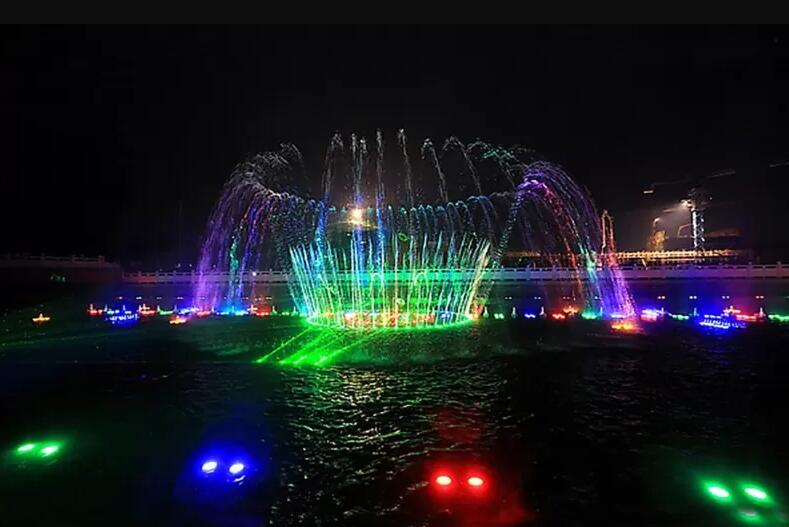Dancing Fountain Design: The Art of Harmonizing Water and Architecture
Dancing fountains are more than just water features; they are captivating works of art that blend the beauty of water with the ingenuity of design. Whether they are found in public spaces, gardens, or even private residences, dancing fountains add a touch of enchantment and elegance to any environment. In this article, we will explore the fascinating world of dancing fountain design and the elements that make them truly mesmerizing.
One of the key considerations in dancing fountain design is the integration of water with the surrounding architecture or landscape. Architects and designers carefully study the site and its characteristics to create a harmonious connection between the fountain and its surroundings. The fountain's design must complement the existing structures or natural features, whether it's a modern plaza or a serene garden.
The shape and layout of the dancing fountain play a crucial role in its visual impact. Fountains can take on various forms, from geometric shapes to free-flowing organic designs. The choice of shape often depends on the overall theme or concept of the space. For example, a contemporary urban setting may benefit from sleek, linear shapes, while a park or garden might call for more organic and curvilinear forms.

Water jets and nozzles are essential elements in Light and Water Dance Show design, as they determine the patterns and movements of the water. Designers have a wide range of options when it comes to selecting the types of jets and nozzles to be used. Some popular choices include vertical jets, fan-shaped sprays, laminar jets, and cascading waterfalls. The combination and arrangement of these jets can create a variety of mesmerizing effects, such as arches, rotating sprays, and synchronized dances.
Lighting also plays a crucial role in dancing fountain design, as it enhances the visual impact and adds a touch of magic to the water displays. Illuminating the water with vibrant and changing colors can create stunning visual effects, especially when combined with the choreographed movements. LED lights are commonly used due to their energy efficiency and versatility. By strategically placing the lights within the fountain structure and synchronizing them with the water patterns, designers can create captivating displays that capture the imagination.
Another aspect of dancing fountain design is sound. Many fountains are accompanied by music or sound effects, which adds an auditory dimension to the experience. The music selection can range from classical compositions to contemporary pop songs, depending on the desired atmosphere and audience. Synchronizing the water movements with the rhythm and melody of the music creates a multisensory experience that is both visually and audibly captivating.
When designing a dancing fountain, safety and sustainability are of utmost importance. The system must be engineered to withstand various weather conditions and be resistant to corrosion and wear. Proper filtration and water treatment methods are essential to maintain water quality and prevent the formation of algae or bacteria. Additionally, water conservation measures should be incorporated into the design, such as using recirculation systems and implementing water-saving technologies.
In conclusion, Water Dancing Show design is a harmonious blend of art, architecture, and engineering. From the layout and shape of the fountain to the selection of water jets, lighting, and sound, every element is carefully considered to create a visually stunning and captivating experience. By skillfully integrating water with its surroundings and using technology to synchronize the water movements, designers transform ordinary spaces into magical realms of beauty and wonder. Dancing fountains are not merely water features; they are living works of art that inspire and delight people of all ages.

Comments
0